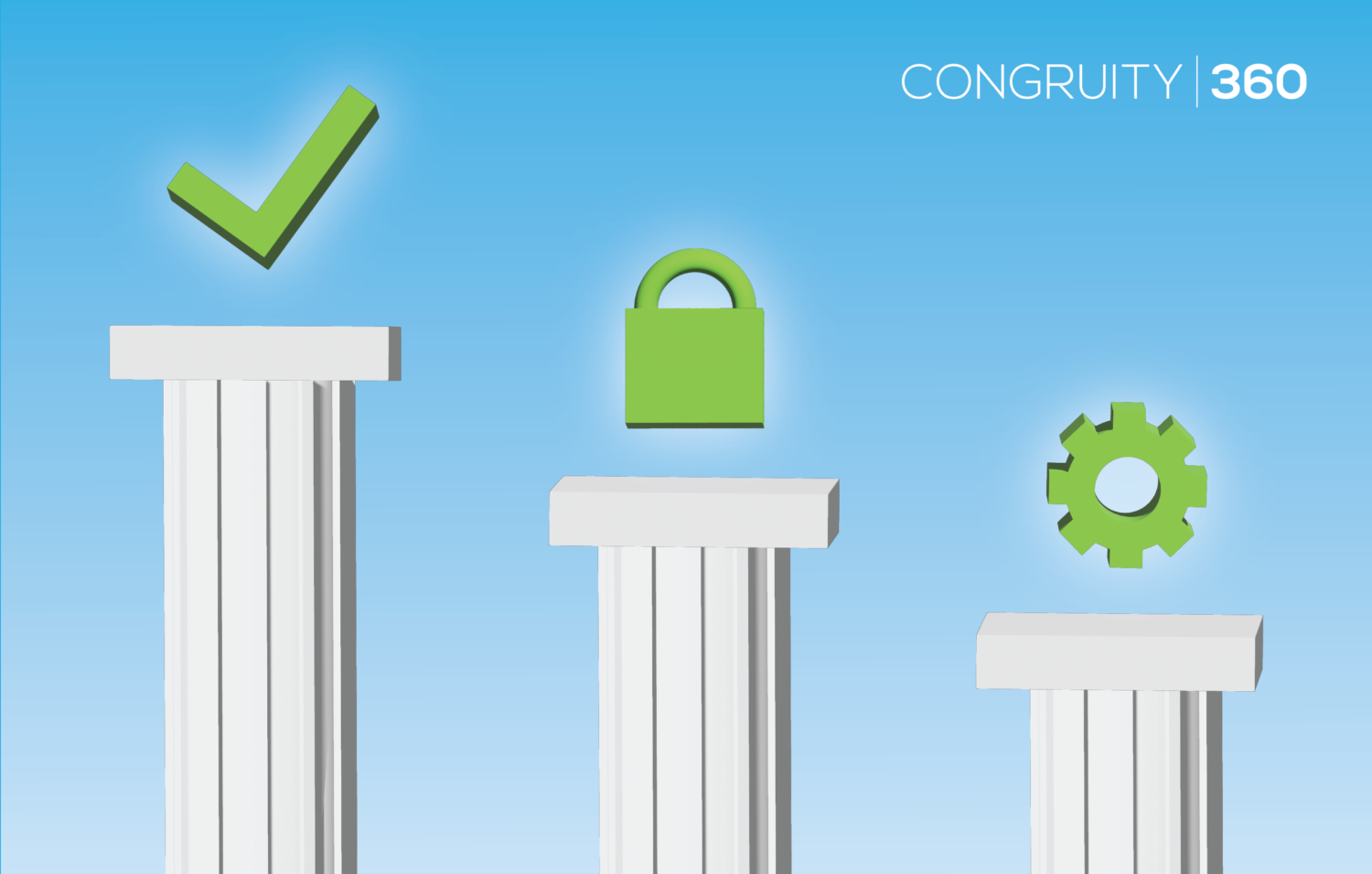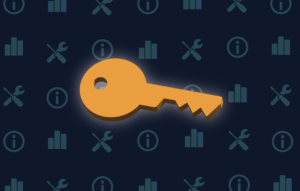Blog Team
Congruity360 Marketing
Data governance plays a crucial role in modern enterprises. By managing the availability, usability, integrity, and security of data, it ensures high data quality throughout the data lifecycle. Effective data governance empowers organizations with a comprehensive view of their data, enabling better decision-making, regulatory compliance, and robust data security.
What is Data Governance?
Data governance refers to the overall management of the accessibility, quality, and security of data in an organization. It is a set of processes and policies implemented to ensure data is managed consistently and properly, enabling the organization to maximize the value of its data assets.
Effective data governance includes establishing roles, responsibilities, and processes for ensuring accountability and ownership of data assets across the enterprise. In essence, it provides a strategic framework that ensures the right people have the right data at the right time, fostering trust and reliability in data-driven decisions.
Data Governance vs Data Management
While the terms data governance and data management are often used interchangeably, there are distinct differences between the two. Data governance is the strategic framework that ensures accountability, roles, and processes are in place for data across an organization. It deals with the ‘who’, ‘how’, and ‘why’ of data handling.
On the other hand, data management is the execution of these policies and processes, focusing on the ‘what’ and ‘when’. It involves data collection, processing, storage, and usage. Both are integral parts of an effective data strategy, with governance providing the roadmap and management ensuring the journey adheres to this map.
Why Your Business Needs Data Governance
Data governance is no longer a luxury but a necessity for businesses in the modern data-driven landscape. An effective data governance strategy ensures data integrity and reliability, which are fundamental to making informed business decisions. It also aids in regulatory compliance, reducing the risk of hefty fines and reputational damage associated with data breaches and non-compliance.
Data governance promotes operational efficiency by eliminating data redundancies and improving data quality which leads to enhanced customer satisfaction, as businesses can provide personalized experiences based on accurate data.
Data governance fosters a culture of accountability and transparency in an organization, with clear data ownership and roles. This enables seamless collaboration and trust among teams, driving the organization towards a unified vision.
Who’s Responsible?
There are often several stakeholders at organizations who should be involved with data governance, each with unique responsibilities. The data governance council or team, comprising members from different departments, establishes and oversees the framework. Data stewards and subject matter experts maintain data quality and enforce policies. IT teams manage technical aspects like storage, retrieval, and security.
Ultimately, data governance is a collective effort, with every individual in the organization sharing responsibility for adhering to policies.
The Data Governance Framework
A data governance framework is a strategic structure that guides data governance within an organization. It consists of people, processes, and technologies. Key components include data governance principles for defining strategy, roles, and responsibilities; policies outlining data-related rules and expectations; standards and procedures for data management; data quality measures; audits and controls for accountability and compliance; and technology tools supporting the plan. A strong data governance framework is iterative and flexible, adapting to changing needs. Its goal is to establish a culture valuing, protecting, and optimizing data as a vital asset.
Data Governance Best Practices
To successfully implement effective data governance, organizations should consider adopting certain best practices that can help ensure the integrity, security, and compliance of their data. Examples of these best practices are:
- Secure executive sponsorship to drive the initiative across the organization and ensure support from all departments.
- Create a cross-functional team including members from IT, business, legal, and operations to ensure diverse perspectives.
- Define clear roles and responsibilities to facilitate accountability.
- Start with a pilot or small project and gradually expand the scope, allowing for early wins and iterative improvement.
- Establish well-defined policies and standards and enforce them uniformly across the organization.
- Invest in the right technology tools that support data governance objectives, including data quality, metadata management, and data cataloging tools.
- Ensure ongoing communication and training to keep everyone informed, engaged, and updated.
Remember, data governance is not a one-time project but a continuous process that must evolve with the business. These best practices will guide your journey toward robust, reliable, and effective data governance.
Challenges in Data Governance
Despite its significant benefits, implementing data governance can present several challenges that organizations need to address to successfully leverage their data assets.
- Lack of understanding and awareness about data governance and its importance
- Lack of executive sponsorship and support
- Complexity in defining clear roles, responsibilities, and ownership for data, especially in larger organizations
- Technical challenges such as integrating disparate data sources, ensuring data quality, and securing data
- Compliance with evolving regulations and managing privacy and confidentiality issues
- Effort and time required to create a data-driven culture that values data and understands the role of data governance
Despite these challenges, effective data governance offers significant benefits, making it a worthwhile investment for any data-driven organization.
Choosing the Right Tool for You
Selecting the right tool for data governance is crucial for the success of your data strategy. It should align with your business requirements, complement your data governance framework, and offer features like data cataloging, metadata management, data lineage, and quality control. Security, collaboration, and scalability are also important factors to consider. Take your time in the decision-making process, try trial versions, and remember that a tool is a means to facilitate effective data governance, not a solution in itself.
The Future of Data Governance
In the era of Big Data, AI, and IoT, the future of data governance is promising. Organizations will leverage ML and AI to automate data governance tasks, improving accuracy and speed. Data governance’s role in privacy and compliance will grow due to expanding regulations. We’ll see sophisticated tools for complex tasks, enabling businesses to harness data. ‘Data Ethics’ will ensure fair and responsible usage. The shift to a data-driven world highlights the need for robust data governance practices.
Your Trusted Data Governance Partner
The Classify360 Platform delivers easy, automated enterprise data governance with a variety of tools suited to meet your organization’s specific data needs. Talk to our team of specialists to see an Instant Insights report for your data environment and start building an iron-clad data governance program.









